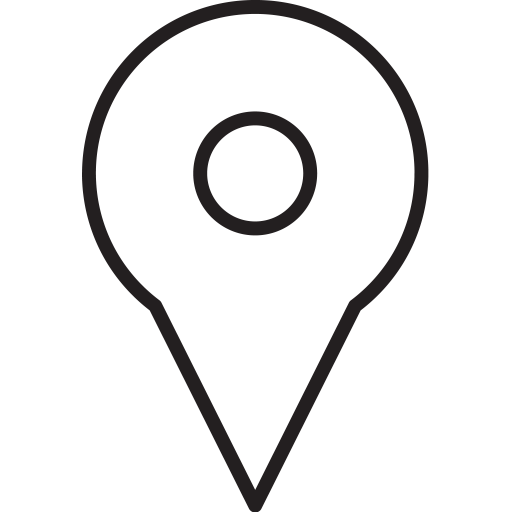 I received an email the other day from a potential business partner. They are an amazing company with an outstanding product line. I was thrilled to be discussing a potential partnership venture with them.
I received an email the other day from a potential business partner. They are an amazing company with an outstanding product line. I was thrilled to be discussing a potential partnership venture with them.
But in the closing line of the email, I read “We’re looking forward to you’re response.”
You’re?
Finding that one error dampened my mood – and enthusiasm for the rest of the project.
Maybe You Can Relate?
We all have homophones (words that sound alike but mean very different things) that we struggle with (mine is affect and effect). But as a working professional, there are just some pairs of homophones that you need to get right.
To me, your and you’re is one of them.
A “Spinach in the Teeth” Moment
We’ve all had a “spinach in the teeth” moment. Making a written (or verbal) faux pas so obvious that it’s like someone who has spinach stuck in their teeth: all you can see is the green stuff stuck in between their teeth as opposed to what they’re really saying.
Think about the above scenario. The misuse of “you’re” immediately made me question everything. Was their attached proposal accurate? Should I double check the math behind their projected numbers? If they were so careless to miss this, what else have they missed?
Everyone makes mistakes (me included). But why create opportunities for potential doubt, when the remedy is so easy?
You’re vs Your: A Simple Test
Apostrophes either show possession (the monitor’s screen) or denote the contraction of two words (isn’t = is not).
So, whenever you see the word you’re, simply substitute the word with “you are.” If the sentence still makes sense, you’re (or: you are) using the right form.
As in the scenario above, replacing the
you’re with you are in the sentence, “We’re looking forward to you are response” makes no sense.
Technology Solutions
But if you’re really worried about missing simple grammar mistakes, don’t forget there are technological solutions for proofreading assistance such as simply using Word’s grammar and spell checker or systems like Grammar.ly. Either will typically catch the most common homophone challenges.
Create New Habits
There’s an old saying, “It’s ok not to know, but it’s not ok not to learn.” Some of us had great grammar school teachers, writing instructors, or even parents who drilled the basic rules of English.
But even if this one slipped through the cracks, it doesn’t mean you shouldn’t make the effort to learn those rules and processes now. If you get your and you’re confused, make a commitment to overcome that challenge today!
Want to learn more about being a better writer or editor? Check out our books (Amazon) and courses.
about any of our products or services.




